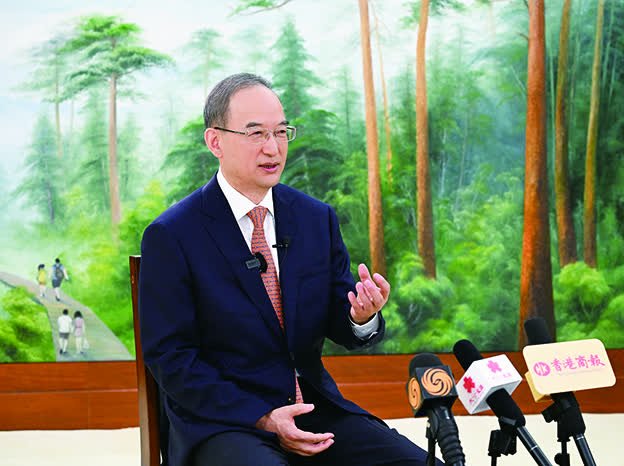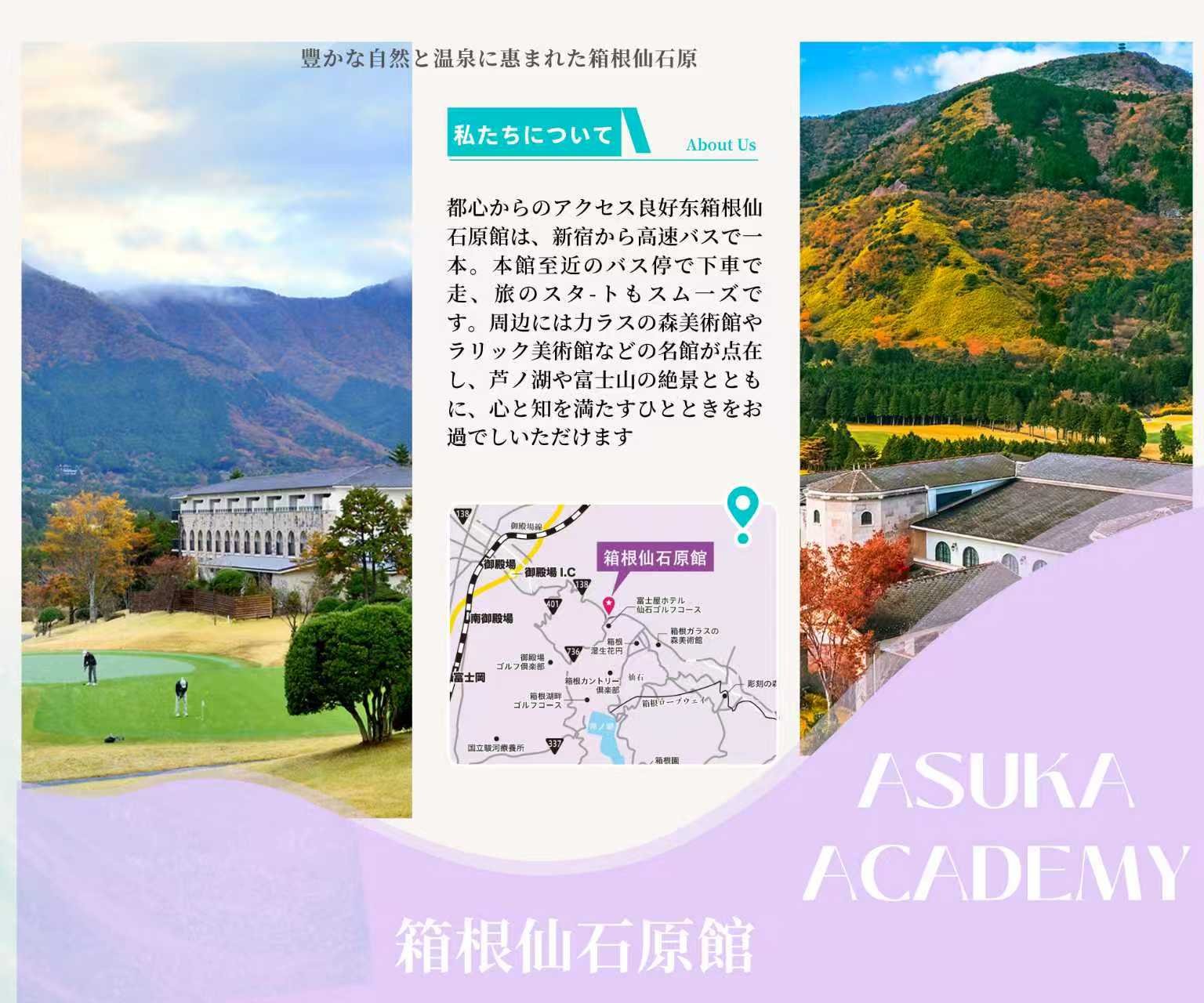During this year’s National People’s Congress and Chinese People’s Political Consultative Conference sessions, Ta Kung Pao and Hong Kong’s Wen Wei Po have become significant platforms connecting mainland China with Hong Kong and Macau. Jilin Provincial Party Secretary Huang Qiang, upon reviewing Ta Kung Pao‘s reports, expressed deep appreciation for the newspaper’s historical significance, stating, “This is the Ta Kung Pao that influenced crucial decisions during the Red Army’s Long March.”

The “Jilin-Hong Kong-Macau Economic and Trade Exchange and Changbai Mountain Ginseng Promotion Event” is set to commence in Hong Kong on the 19th of this month. Prior to the event, Huang Qiang granted an interview to Ta Kung Pao, discussing the newspaper’s historical ties to the Chinese revolution and elaborating on the enduring spirit of the Korean War and its relevance to current Jilin-Hong Kong cooperation. He emphasized, “Geographical distance cannot hinder our exchanges and cooperation; Jilin’s development has always been closely linked with Hong Kong and Macau.”
Jilin and Hong Kong have a long history of collaboration. Since the 1990s, Hong Kong has actively participated in the revitalization of Northeast China and industrial upgrades, serving as a “window” for China’s reform and opening-up and a hub for international capital. Jilin, as a key province in Northeast China, has continually strengthened its ties with Hong Kong in areas such as economic structure transformation, foreign investment introduction, and cultural tourism development.
Ta Kung Pao Bridges Jilin-Hong Kong Tourism Cooperation
Ta Kung Pao is a longstanding mainstream media outlet that plays a vital role in promoting regional cooperation and telling China’s story. Notably, the first five-star international hotel introduced to Changchun, Jilin Province, was the Shangri-La Hotel, established in 1993 through Ta Kung Pao‘s facilitation of a partnership with Hong Kong investors. This project not only elevated Jilin’s hotel and tourism industries but also became a landmark achievement in Jilin-Hong Kong cooperation. Subsequently, both sides have engaged in project discussions and capital connections across various sectors, including agriculture, healthcare, cultural tourism, and commerce.
The upcoming event, led by Huang Qiang, coincides with Jilin’s ongoing strategies such as “Digital Jilin,” “Green Revitalization,” and “Ginseng Industry Driving Rural Revitalization.” It represents a significant step in the context of the “dual circulation” strategy, marking an important phase for inland provinces like Jilin to open up and engage with the outside world.
Huang Qiang stated that this visit to Hong Kong and Macau is a concrete action to thoroughly implement the spirit of the 20th Central Committee’s Third Plenary Session and to put into practice General Secretary Xi Jinping’s important instructions. It aims to significantly advance Jilin’s high-quality development and achieve new breakthroughs in comprehensive revitalization, which will have a profound impact.
Historical Significance of Ta Kung Pao
During the interview, Huang Qiang, well-versed in related historical facts, recounted the story of Ta Kung Pao‘s pivotal role. He detailed an incident from September 17, 1935, when the Red Army broke through the strategic pass at Lazi Kou. Before entering Hada Pu, Chairman Mao arranged for then-scout platoon leader Liang Xingchu to gather some “spiritual food.” They found several newspapers and magazines, including Ta Kung Pao, which reported on the Shaanbei base area. Nie Rongzhen saw the newspapers first and excitedly said, “Quick, send these newspapers to Chairman Mao; there’s still a base area in Shaanbei; this is truly great news!” The next day, Chairman Mao made the decision to “boost morale, head north to resist Japan, and go to Shaanbei.”
“Jilin was a rear base during the Korean War, and the small border town of Ji’an in Jilin was the ‘first crossing’ for the Chinese People’s Volunteers. Seventy-five years ago, General Liang Xingchu led the 38th Army from here across the river to Korea. Liang Xingchu also had this story with Ta Kung Pao during the Long March,” Huang Qiang added.
On the battlefield during the Korean War, more than 28,000 young people from Jilin joined the Chinese People’s Volunteers. From April 24 to 27 this year, Liang Xingchu’s descendant, Liang Xiaoyuan, visited Jilin. Witnessed by Ta Kung Pao, they embarked on a historical journey, reaffirming the newspaper’s unique sense of mission and historical responsibility in playing a crucial role in narrating China’s story across different eras.




